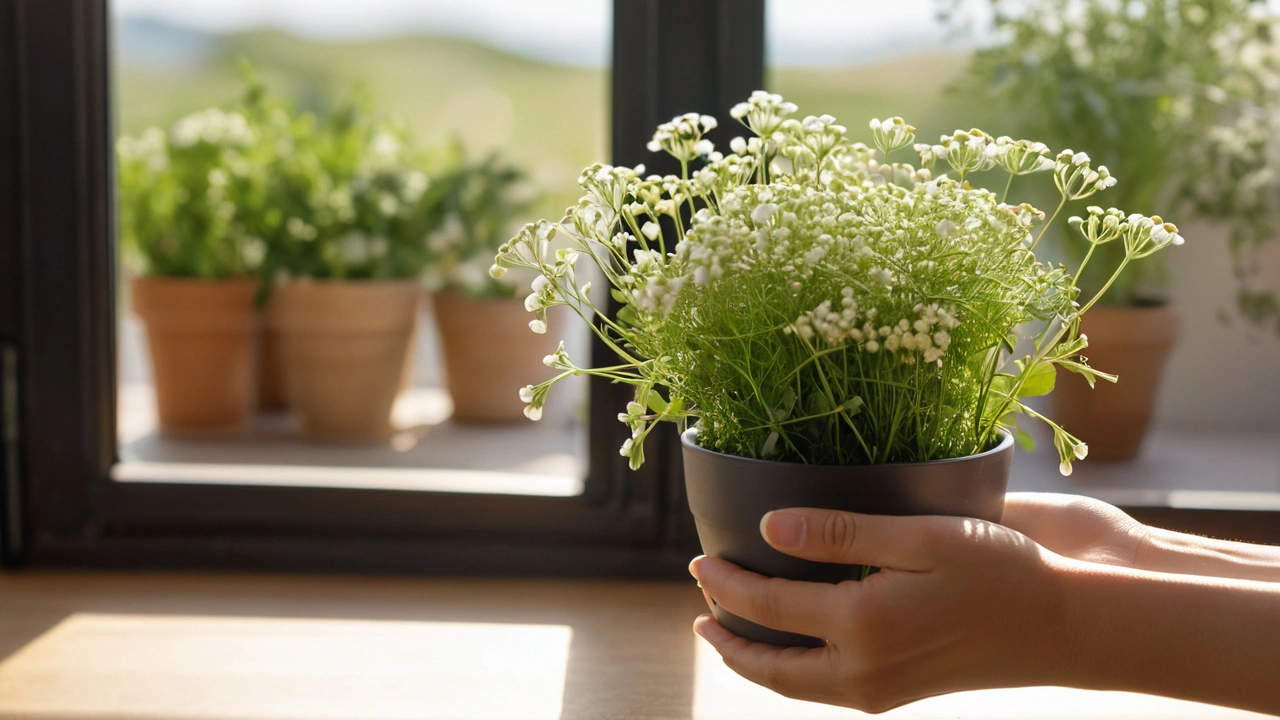Herbal Remedies: Practical Tips for Safe Use
Herbal remedies can help with mild issues like sleep, digestion, and stress. They're not magic, but when used smartly they often offer gentle support. Below are clear, practical steps to choose and use herbs safely at home.
How to pick quality herbs
Buy from reputable brands that list the scientific name (for example, Chamomile - Matricaria chamomilla), the part of the plant used, and the strength or extract ratio. Choose standardized extracts when you want consistent dosing. Avoid products that hide ingredients behind vague terms like "proprietary blend".
Check the label for third-party testing (USP, NSF, or independent labs). Look for expiration dates and batch numbers. If you buy loose herbs or teas, pick whole leaves or flowers rather than dust - whole material is easier to identify and less likely to be adulterated.
Safety, interactions, and when to see a pro
Herbs can interact with prescription drugs. Common risks include increased bleeding with garlic, ginkgo, and high-dose fish oil when combined with blood thinners. St. John's wort can reduce levels of many medications, including birth control and some antidepressants. If you take prescription meds, check with a pharmacist or doctor before starting any herb.
Use caution with dose and duration. Follow label directions and start with the lowest effective dose for a short trial period - 2 to 4 weeks for many supplements. If symptoms persist or worsen, stop the herb and see a healthcare provider. Don't use herbs as a substitute for needed medical care, like antibiotics for bacterial infections or prescription treatment for chronic conditions.
Special groups need extra care: pregnant or breastfeeding people, young children, and those with autoimmune disease or organ problems should avoid self-prescribing herbs without professional advice. Also watch for allergic reactions - if you have hives, difficulty breathing, or swelling, stop immediately and get urgent care.
Practical ways to add herbs safely: use single-ingredient supplements first so you can spot reactions, keep a simple symptom and dose diary, and store herbs in a cool, dry place away from sunlight. Choose forms that match your goal - teas for mild relief, tinctures for faster absorption, and capsules for consistent dosing.
Start with small, well-known herbs before trying blends. For example, chamomile tea (one cup at bedtime) can ease mild sleep trouble; ginger (fresh slices or 250-500 mg capsule) helps nausea; peppermint oil capsules may ease occasional bloating or IBS symptoms but avoid peppermint if you have reflux. Match the form to the need: lozenges or syrups for sore throat, topical arnica for minor bruises (not on broken skin), and valerian tincture for short-term sleep support. Note doses vary by product - follow labels and ask a pharmacist if unsure.
If you want reliable guidance, bring your herbal labels to a pharmacist or integrative medicine clinician. They can check for interactions with your medications, suggest safer alternatives, and advise on dosing. A quick consultation can prevent harm and help you get the benefit you're after. Prioritize safety.

